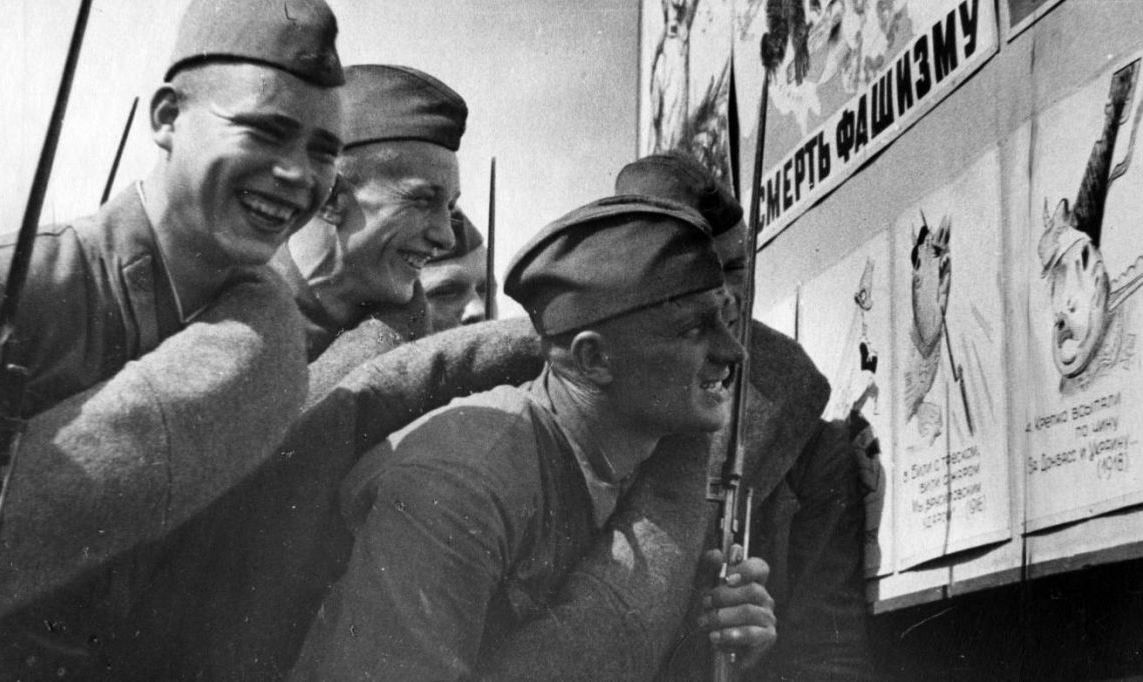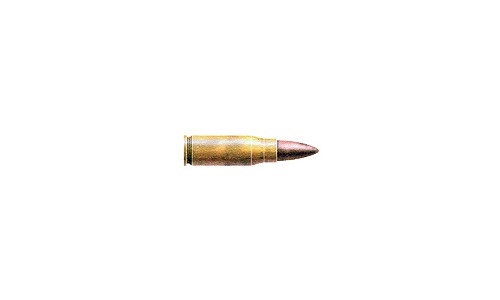
On the role of social protection measures for the fighters of the Great Patriotic War and their families in ensuring the Great Victory
75-the anniversary of the victory of the Soviet Union over Nazi Germany and its satellites again and again prompts reflection on its sources. For the uninformed people, especially young, may seem strange, even absurd, if social legislation is named among such sources of the Great Victory, operating in the USSR during the war. Reasoning simply: what measures of social protection can we talk about in the Stalinist state, where there was a voluntary-compulsory procedure for signing state loans and where allowances for certain groups of the population did not allow, perhaps, not to die of hunger?
Yes, all this was. In a number of regions there was, by the way, and hunger, and the rural population in its bulk was generally deprived of any food aid from the state. Such was the cruel consequence of the war not for life, and death, imposed on us by the Nazi regime.
However, even under these conditions, the Soviet state, with all its limited resources, thought about the most disadvantaged.
So, family of the deceased and missing serviceman commanding (officer) composition was assigned a pension, based on the salary of his monetary maintenance in the last position. This order was established by order of the People's Commissar of Defense of the USSR No. 214 from 14 July 1942 g. The order contained requirements for commanders and commissars of military units and formations within two days after establishing the fact of death (of death) or missing soldier. At the same time, a copy of the notice should have been sent to the regional military commissariat at the place of residence of the family of the deceased. (deceased) or missing with the application of his pay book or a certificate of salary and the period of satisfaction with the monetary allowance to resolve the issue of assigning a pension to the family.
Pensions for the families of the victims (dead) senior officials were appointed from 1 day of the month, following that month, in which he died (died) serviceman. Pensions for the missing were appointed in the same order, but only after receiving an extract from the order on personnel on the exclusion of the missing person from the lists of the Red Army.
The military authorities monitored the implementation of the requirements of this order.. So, at the beginning of February 1943 g. The Financial Department under the NPO of the USSR carried out an audit, revealing many shortcomings. In many military units and formations, the two-day deadline for sending notifications to the military registration and enlistment offices at the place of residence of the family of the deceased was violated with a paybook (references), required for a pension. In some medical institutions, the sending of notifications was delayed for several months., and no notifications were sent at all.. According to the results of the 7 February 1943 g. checks by the people's commissar of defense (and he was, recall, IV. Stalin) the military councils of the fronts and districts were instructed to organize a continuous check on the implementation of the previously established procedure, deficiencies found should be immediately eliminated and ensure that the deadlines for issuing notices are strictly observed, as well as the immediate dispatch of responses to inquiries from families about the fate of military personnel.
Care was also shown in relation to the families of military personnel of privates and sergeants., who were entitled to benefits, established by decree of the Presidium of the Supreme Soviet of the USSR in the first days of the war - 26 June 1941 of the year. Disabled family members were eligible for benefits, military dependents. So, if there were no able-bodied people in the family, monthly allowance was: in the presence of one disabled person - 100 rubles, two - 150 rubles, three or more - 200 rubles in the city and 50% this amount in rural areas. If there are three or more disabled people in the family, with one able-bodied person, the allowance was 150 rubles in the city and 50% this amount in rural areas.
Those who were dependent on a soldier were considered disabled.: younger children 16 years, and students are younger 18 years; younger brothers and sisters 16 years, and students are younger 18 years, if they did not have able-bodied parents; father is older 60 years and mother older 55 years; wife and parents - disabled people of the first and second groups, regardless of age.
In the event of the dismissal of a serviceman from military service due to disability, the allowance assigned to his family was issued until the appointment of a disability pension.. Families of those killed, dead or missing military personnel continued to receive benefits until they received a pension.
19 July 1942 g. The Presidium of the Supreme Soviet of the USSR, by its decree, clarified the procedure for payment and changed the amount of benefits in the direction of a slight increase, paid to the families of military personnel of ordinary and junior commanding staff.
As the war progressed, a number of benefits were expanded for the families of military personnel and war invalids.. So, military family members, receiving state benefits, were exempt from war tax. From the bachelor tax, single and small-family citizens of the USSR, the wives of all private and sergeant soldiers were released, as well as those officers, who were in the army, as well as the husbands of female soldiers.
Arrears of previous years on the supply of agricultural products were written off from the families of military personnel living in rural areas twice during the war..
Children of private and junior military personnel, as well as children of disabled officers were exempted from tuition fees in 8-10 secondary school classrooms, in technical schools and universities. All persons are exempted from this payment., returned from the army after being wounded, injuries, injury or illness.
In the field of housing benefits for military personnel, but in fact, their families retained the living space they occupied and those benefits, which were established for its payment and utilities. Tenant eviction lawsuits, whose family members were called up for mobilization, suspended production.
For the families of military personnel and disabled veterans of the Patriotic War, benefits were also provided for material and domestic services - the provision of the best garden plots, supply of war invalids according to the norms of workers and others.
clear, that the most difficult conditions of the war made their, sometimes serious adjustments in the implementation of social protection measures, but the more important they were for the most vulnerable segments of the Soviet population.
Yuri RUBTSOV











